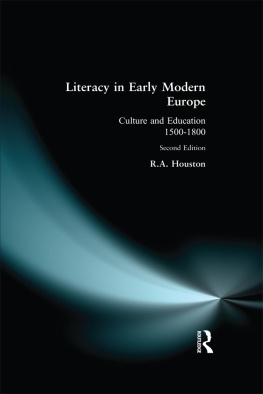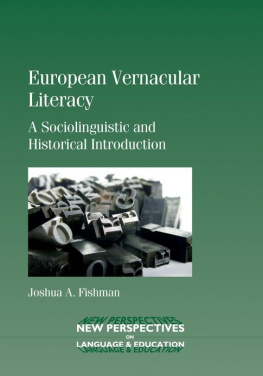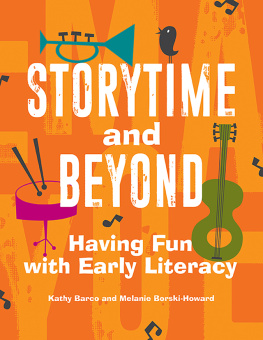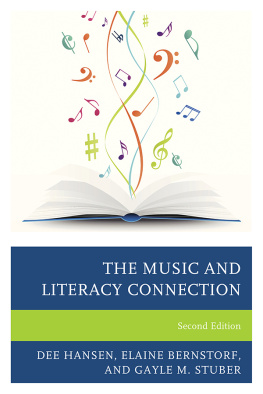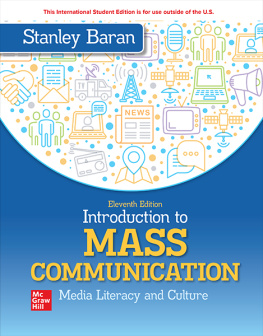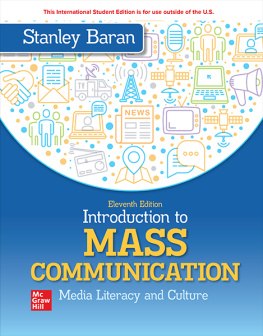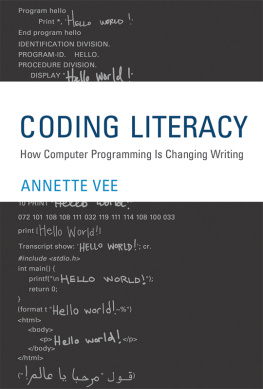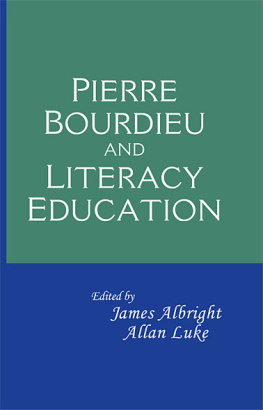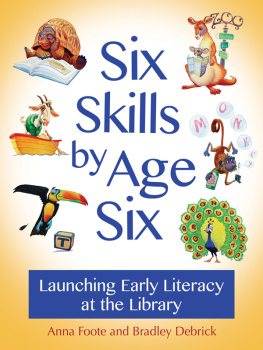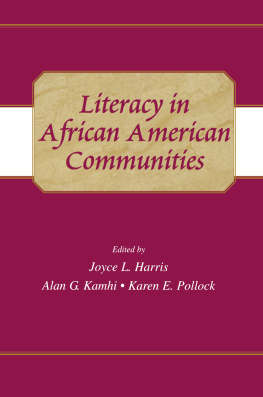First published 2002 by Pearson Education Limited
Published 2013 by Routledge
2 Park Square. Milton Park, Abingdon, Oxon OX14 4RN
52 Vanderbilt Avenue, New York, NY 10017, USA
Routledge is an imprint of the Taylor & Francis Croup, an informa business
Copyright 2002, Taylor & Francis.
The right of R. A. Houston to be identified as Author
of this Work has been asserted by him in accordance
with the Copyright, Designs and Patents Act 1988.
All rights reserved. No part of this book may be reprinted or reproduced or utilised in any form or by any electronic, mechanical, or other means, now known or hereafter invented, including photocopying and recording, or in any information storage or retrieval system, without permission in writing from the publishers.
Notices
Knowledge and best practice in this field are constantly changing. As new research and experience broaden our understanding, changes in research methods, professional practices, or medical treatment may become necessary.
Practitioners and researchers must always rely on their own experience and knowledge in evaluating and using any information, methods, compounds, or experiments described herein. In using such information or methods they should be mindful of their own safety and the safety of others, including parties for whom they have a professional responsibility.
To the fullest extent of the law, neither the Publisher nor the authors, contributors, or editors, assume any liability for any injury and/or damage to persons or property as a matter of products liability, negligence or otherwise, or from any use or operation of any methods, products, instructions, or ideas contained in the material herein.
ISBN 13: 978-0-582-36810-1 (pbk)
British Library Cataloguing in Publication Data
A CIP catalogue record for this book can be obtained from the British Library
Library of Congress Cataloging in Publication Data
A CIP catalog record for this book can be obtained from the Library of Congress
Typeset in 11.5/14pt Garamond MT by Graphicraft Limited, Hong Kong
T his volume is an attempt to fill a considerable gap in the historical writing on the social history of education and literacy in Europe. Most countries have histories of national education, though some were written as early as the 1900s and some treat the period before the Enlightenment in a cursory manner. The best modern studies branch into reading, writing, the uses of literacy and the importance of oral culture, but still deal with only a single country. They tend to emphasise particular aspects of schooling and literacy which have special relevance to one country, such as the struggle between church and state for control of education or the development of nationalism through vernacular publishing.
An important gap exists in the literature between Carlo Cipolla's slender Literacy and Development in the West (1969) and Harvey Graff's monumental and densely informative Legacies of Literacy (1987). This book was substantially written before the appearance of Graff's book in the spring of 1987 and differs from it in important respects. First, it covers a briefer time period but deals with eastern as well as western Europe, using a wider range of literature in languages other than English and French. Second, it treats education and literacy in a thematic way rather than dealing with developments country by country, and it contains more on education, popular culture and the uses of literacy than Graff's volume. The aim is to provide a clear outline of the structures and trends in education, literacy and culture, c.1500c. 1800 for an undergraduate audience, and to bring a topic often treated peripherally in mainstream history to a central position.
This is not so much a textbook as a set of arguments about the place of literacy and education in social structures and social change in Europe between the Renaissance and the Industrial Revolution. The central theme is that while education expanded and literacy improved enormously during these three centuries, the impact of change was tempered by the attitudes and social structures that obtained in the different societies of early modern Europe. The ideas of major authorities on the period Eisenstein, Muchembled and Burke for example have been incorporated, though explicit discussion of sociological and anthropological theories has been avoided in favour of a fundamentally historical analysis. Education is a hody debated issue in the late twentieth century and the general lessons to be gained from an accurate understanding of historical context are considerable. Significant changes are highlighted, but the book is deliberately structured to emphasise continuities in the social history of education in the early modern period. The range of examples is drawn, as far as possible, from every part of Europe Greenland to Transylvania, Finland to Portugal though it should be recognised that the volume of writing on French education and literacy is, for example, huge compared with what has been produced on Spain. For the years 197680 the Bibliographie d'histoire de l'ducation franaise lists 6,598 theses, articles, books and reports. Subjects of study also vary between historical traditions: the elite culture of the Renaissance has been extensively studied for Italy but very little has been published on the extent of popular literacy.
I should like to thank those who have helped me with the research for this book. For Scandinavian language translations I am extremely grateful to Anna-Lisa MacDonald and Sirkka Upton. Paul Ries provided help in this area and many stimulating ideas about reading and the uses of literacy. The text was read by Peter Burke, Simon Franklin, Hamish Scott, Andrew Pettegree and Bob Scribner. I should like to give particular mention to Peter Burke, Dr G. Gmri and Graeme Kirkham.
Because of problems of accessibility for the general reader, unpublished works and theses have not been cited. Quotations are all in English and references in brackets refer to the consolidated bibliography at the end. References to certain parts of Europe suffer from anachronism in so far as countries like Italy' did not exist as single entities and other territories changed hands at various periods. The descriptions adopted will hopefully blend accuracy with ease of identification.
R. A. Houston
Department of Modern History
University of St Andrews

